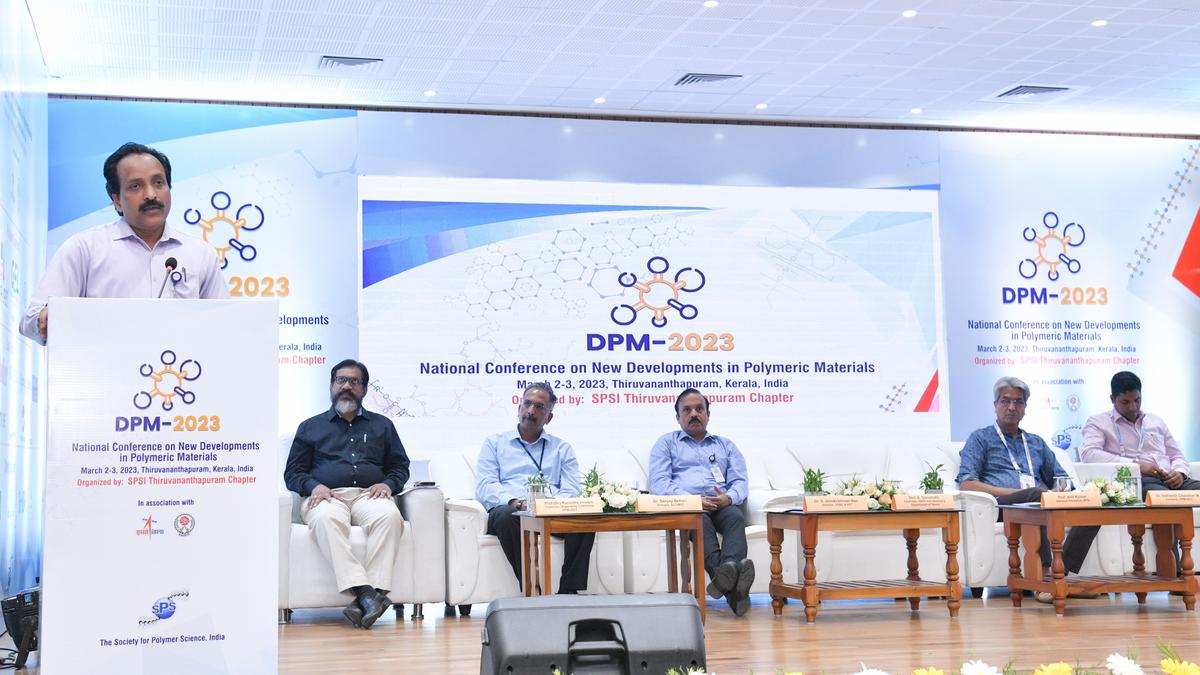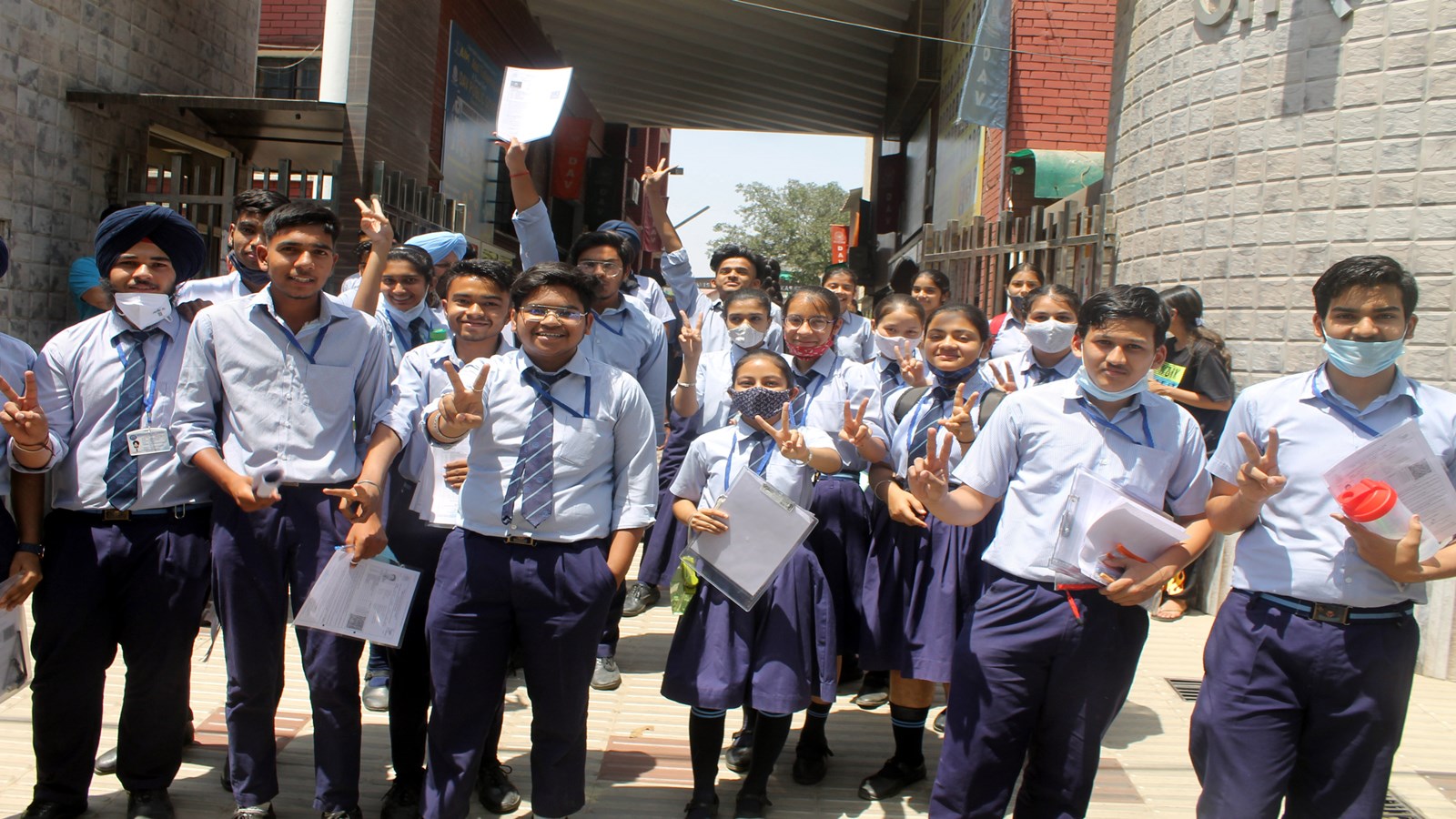Barricades are set to be erected on the congested Civil Line Road prior to the commencement of piling for the Kochi metro’s Kakkanad extension in March.
| Photo Credit: THULASI KAKKAT
An action plan to divert vehicles through alternative roads remains a far cry even as barricades are set to be erected on the congested Civil Line Road covering a width of eight metres prior to the commencement of piling for the Kochi metro’s Kakkanad extension (phase two) in March.
This is in stark contrast with dozens of alternative roads being re-developed, while the Ernakulam North overbridge was rebuilt as a four-lane one and the A.L. Jacob overbridge constructed to augment east-west connectivity. All this was done prior to the commencement of piling for the metro’s Aluva-Pettah phase-one corridor.
The inordinate delay in readying an action plan to divert vehicles through alternative roads like Pipeline Road on the northern side of the Palarivattom Bypass Junction and through the Puthiya Road-Palachuvadu-Seaport Airport Road has invited flak from, among others, Thrikkakara MLA Uma Thomas.
Stakeholders attending a meeting convened by Kochi Metro Rail Limited [KMRL] a couple of months ago had made it clear that roads through which motorists could be diverted must be redeveloped and bottlenecks to traffic movement removed. This is especially true since Civil Line Road will become narrower and dusty when piling and allied construction work begin for the metro. Even otherwise, the police are citing inadequate manpower to regulate traffic.
In addition, KMRL must ensure that construction debris and other waste are not dumped into drains and canals since such a practice during the first phase of the metro project had choked drains at Palarivattom, with the result that drainage water entered houses and shops when it rained. In addition, box culverts must be built wherever needed as laying of pipe culverts in phase one had caused flooding in many areas of the city, Ms. Thomas said.
Citing the urgent need to widen junctions near Vennala High School, Alinchuvadu, and Palachuvadu, Rajesh Vennala, secretary of Vennala South Residents’ Association, said the government should lend an ear to landowners who are willing to surrender land at junctions, while also taking steps to widen narrow parts of roads. “These areas became congested over time since motorists take the routes to reach Kakkanad and Thripunithura. Autorickshaw stands must be also relocated,” he added.
Police sources too expressed concern at delay in finalising a traffic diversion plan.
Sources in KMRL said a second round of meeting with people’s representatives and officials of the police and the Motor Vehicles Department had been planned to finalise an action plan to divert vehicles. “A joint inspection has been planned this month, following which it will be approved before March 25 when piling is set to begin. The plan ought to be formulated keeping in mind traffic requirements for at least two years by which time a bulk of metro’s phase-two work is expected to get over,” they said.
On Civil Line Road, tarring is set to begin this month to cover the newly widened portions. A few vehicles might have to be diverted through NGO Quarters Junction and Olimugal and bus stops relocated. Traffic chaos at Collectorate Junction would still remain a cause for concern, they added.






